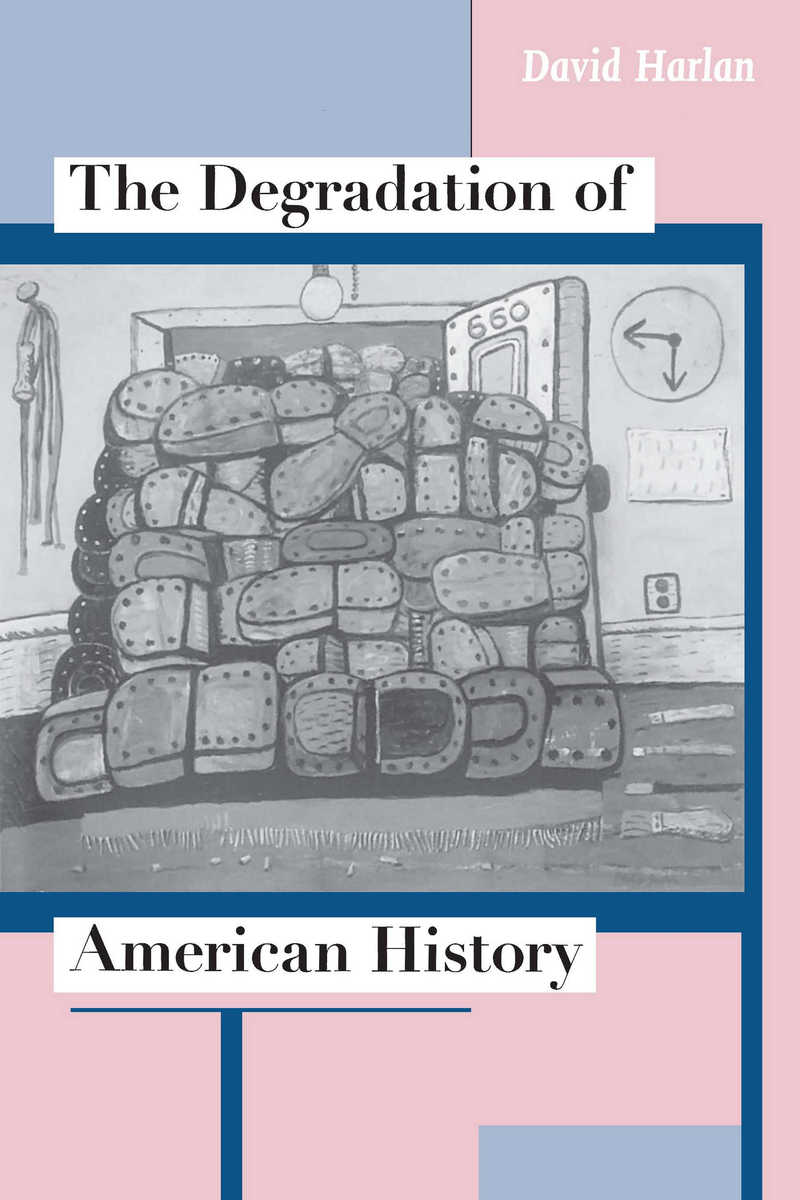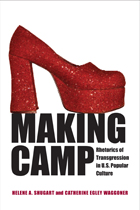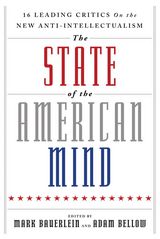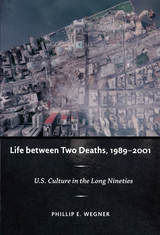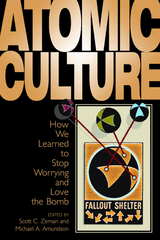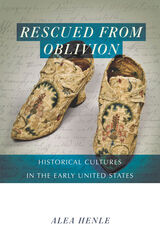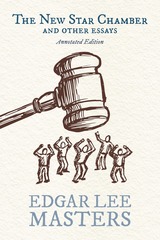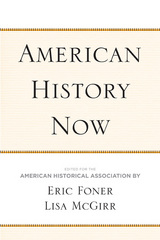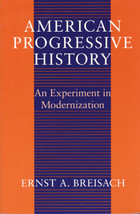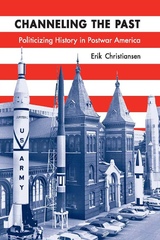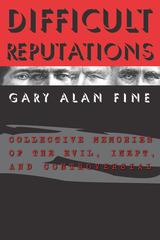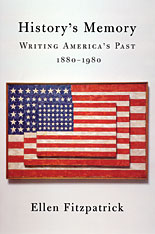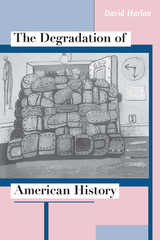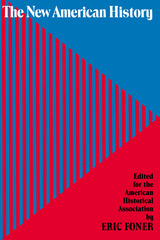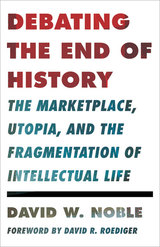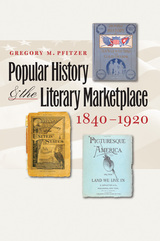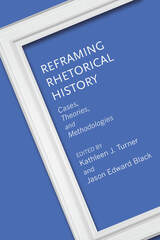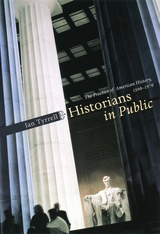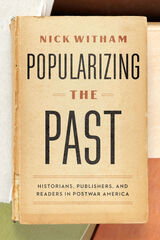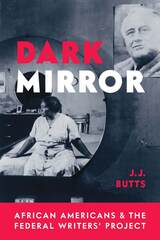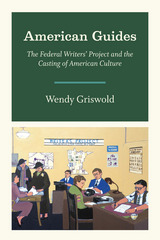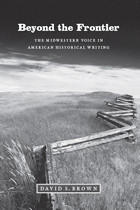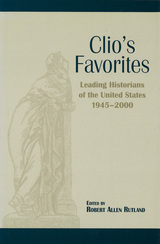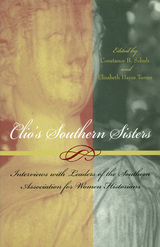The Degradation of American History
University of Chicago Press, 1997
Paper: 978-0-226-31617-8 | Cloth: 978-0-226-31616-1 | eISBN: 978-0-226-31615-4
Library of Congress Classification E175.H37 1997
Dewey Decimal Classification 973.072
Paper: 978-0-226-31617-8 | Cloth: 978-0-226-31616-1 | eISBN: 978-0-226-31615-4
Library of Congress Classification E175.H37 1997
Dewey Decimal Classification 973.072
ABOUT THIS BOOK | TOC | REQUEST ACCESSIBLE FILE
ABOUT THIS BOOK
American historical writing has traditionally been one of our primary forms of moral reflection. However, David Harlan argues that in the disillusionment following the 1960s, history abandoned its redemptive potential and took up the methodology of the social sciences. In this provocative new book, Harlan describes the reasons for this turn to objectivity and professionalism, explains why it failed, and examines the emergence of a New Traditionalism in American historical writing.
Part One, "The Legacy of the Sixties," describes the impact of literary theory in the 1970s and beyond, the rise of women's history, the various forms of ideological analysis developed by historians on the left, and the crippling obsession with professionalism in the 1980s. Part Two, "The Renewal of American Historical Writing," focuses on the contributions of John Patrick Diggins, Hayden White, Richard Rorty, Elaine Showalter, Henry Louis Gates Jr., and others. Harlan argues that at the end of the twentieth century American historical writing is perfectly poised to become what it once was: not one of the social sciences in historical costume, but a form of moral reflection that speaks to all Americans.
"[A] wholly admirable work. This book will be talked about for years."—Library Journal
Part One, "The Legacy of the Sixties," describes the impact of literary theory in the 1970s and beyond, the rise of women's history, the various forms of ideological analysis developed by historians on the left, and the crippling obsession with professionalism in the 1980s. Part Two, "The Renewal of American Historical Writing," focuses on the contributions of John Patrick Diggins, Hayden White, Richard Rorty, Elaine Showalter, Henry Louis Gates Jr., and others. Harlan argues that at the end of the twentieth century American historical writing is perfectly poised to become what it once was: not one of the social sciences in historical costume, but a form of moral reflection that speaks to all Americans.
"[A] wholly admirable work. This book will be talked about for years."—Library Journal
See other books on: American History | Historiography | Methodology | Moral and ethical aspects | United States
See other titles from University of Chicago Press
